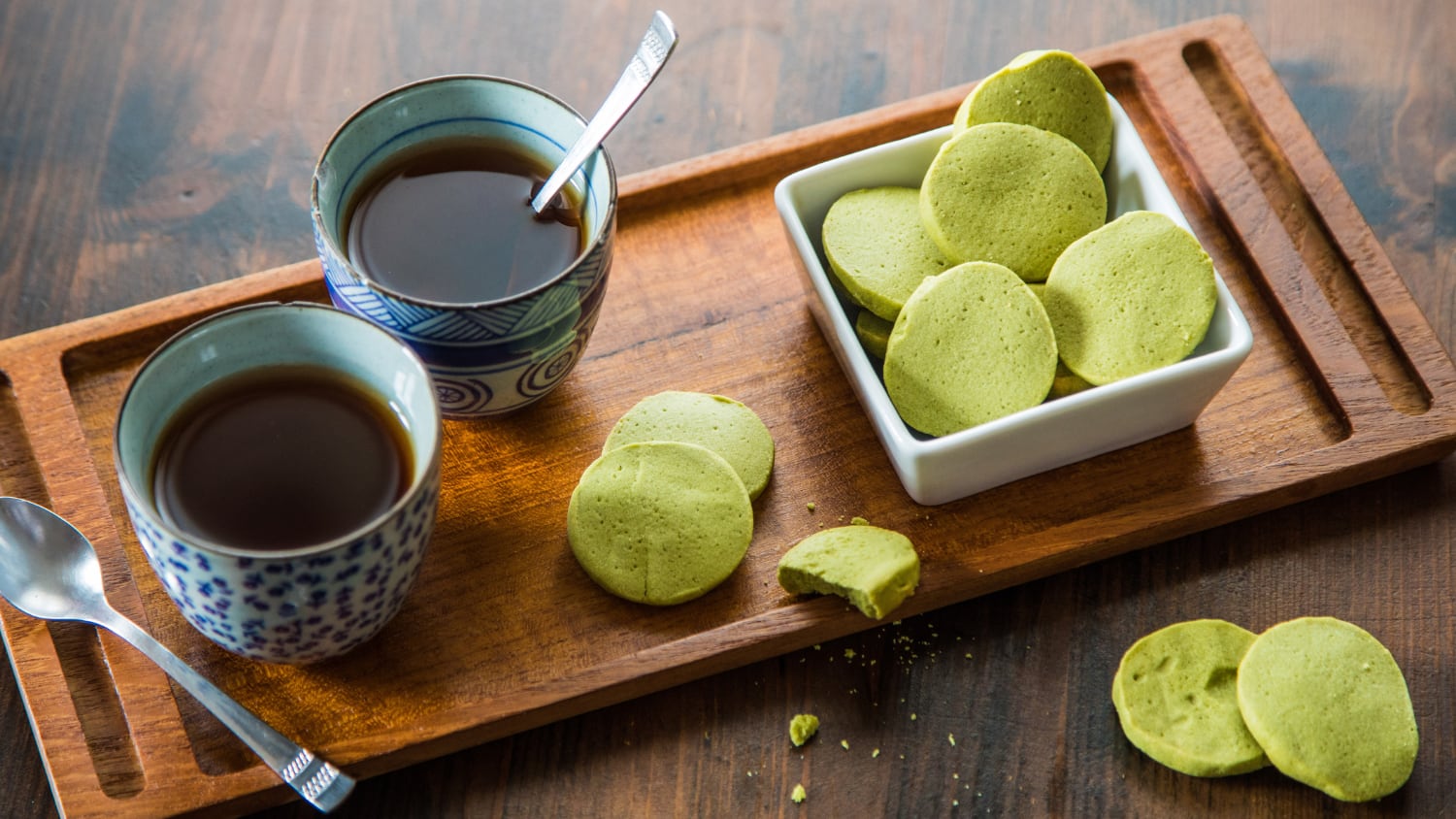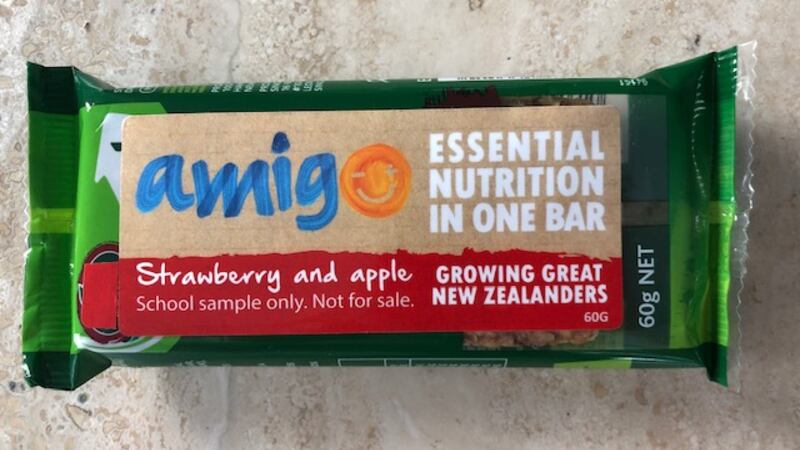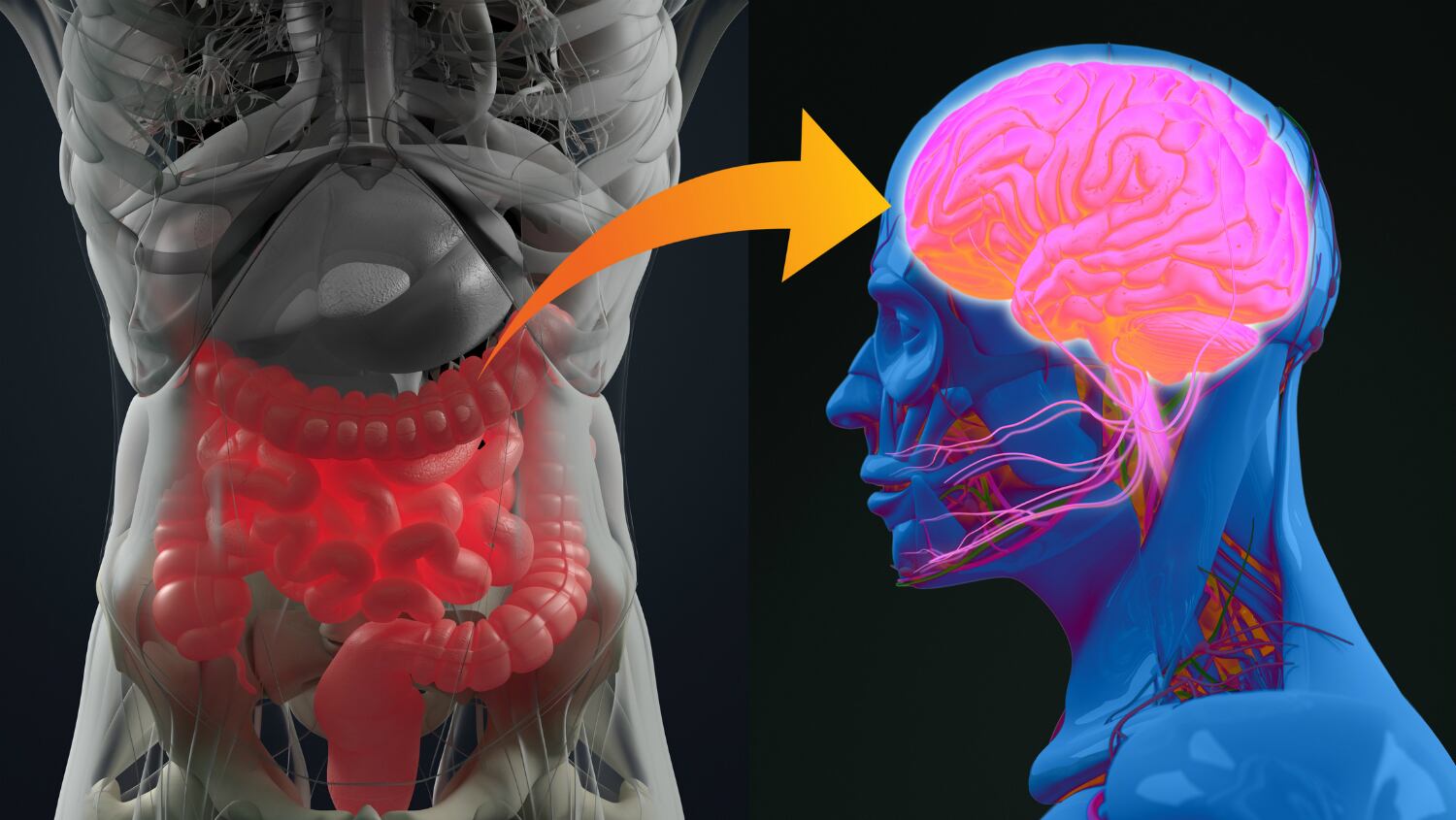While both animal studies and human clinical trials have reported that matcha, a powdered green tea, possesses stress reduction properties, the impact of matcha when added to confectioneries is unclear.
Researchers at the University of Shizuoka conducted a double-blind RCT to assess stress-reducing effect of matcha in cookies consumed by human study subjects.
Matcha matching
They recruited 36 healthy pharmacy students aged 23 to 24 years old (18 male and 18 female) from among the fifth-year college population of the university.
Throughout the study period, the participants — all non-smokers who were not on regular medication, and who had no acute or chronic diseases — were instructed not to consume theanine- or caffeine-rich beverages such as coffee, green and black tea, and soda, or caffeine-rich chocolate or candy.
While they were permitted to drink water and barley tea whenever they pleased, alcohol consumption in the evenings was strictly forbidden.
The researchers randomly divided them into two groups: 19 subjects in the test-matcha group and 17 subjects in the placebo-matcha group. Each participant had three cookies (containing a total of 4.5g of matcha) a day, and none of them knew if they were consuming test or placebo matcha.
This period lasted for 15 days, starting seven days before the participants were assigned to a practice outside the university, either at a hospital or a pharmacy.
They were required to complete a questionnaire at the end of each day's practice, including feedback on their physical condition, subjective stress, and achievement emotion.
Stress and suppression
The researchers then analysed their seven days of routine university life and first eight days of the pharmacy practice programme,examining their state of anxiety before the practice started and on the eighth day of the practice.
They subsequently observed that salivary α-amylase activity, a stress marker, was significantly lower in the test-matcha group than in the placebo group.
This indicated that the caffeine and epigallocatechin gallate (EGCG) to theanine and arginine (CE/TA) ratio of tea components was "a key indicator for the suppression of stress".
Furthermore, matcha with a CE/TA ratio of 2 or lower displayed a stress reduction effect, even when consumed in the form of a confectionery product, meaning it could benefit those who did not drink green tea.
While the reason behind why a CE/TA ratio of 2 or lower was necessary to significantly suppress stress was not clear, the researchers wrote: "Theanine has been reported to inhibit the excitatory effects of caffeine. In addition, arginine is considered to be an important regulator in the central nervous system through the synthesis of nitric oxide.
"If the CE/TA molar ratio of matcha in confectionery products is 2 or less, then the stress-reducing effect of matcha is not disrupted by caffeine and EGCG."
In conclusion, they wrote: "Matcha, which has a stress-reducing effect, contains less caffeine and EGCG than twice the molar amount of theanine and arginine.
"Even when matcha is included in confectionery products, a stress-reducing effect was observed. Daily intake of matcha with a low CE/TA molar ratio in confectioneries may benefit people who do not drink green tea, and serve as a simple and practical way to prevent the accumulation of stress."
Souce: Heliyon
https://doi.org/10.1016/j.heliyon.2019.e01653
"Stress-reducing effect of cookies containing matcha green tea: essential ratio among theanine, arginine, caffeine and epigallocatechin gallate"
Authors: Keiko Unno, et al.



